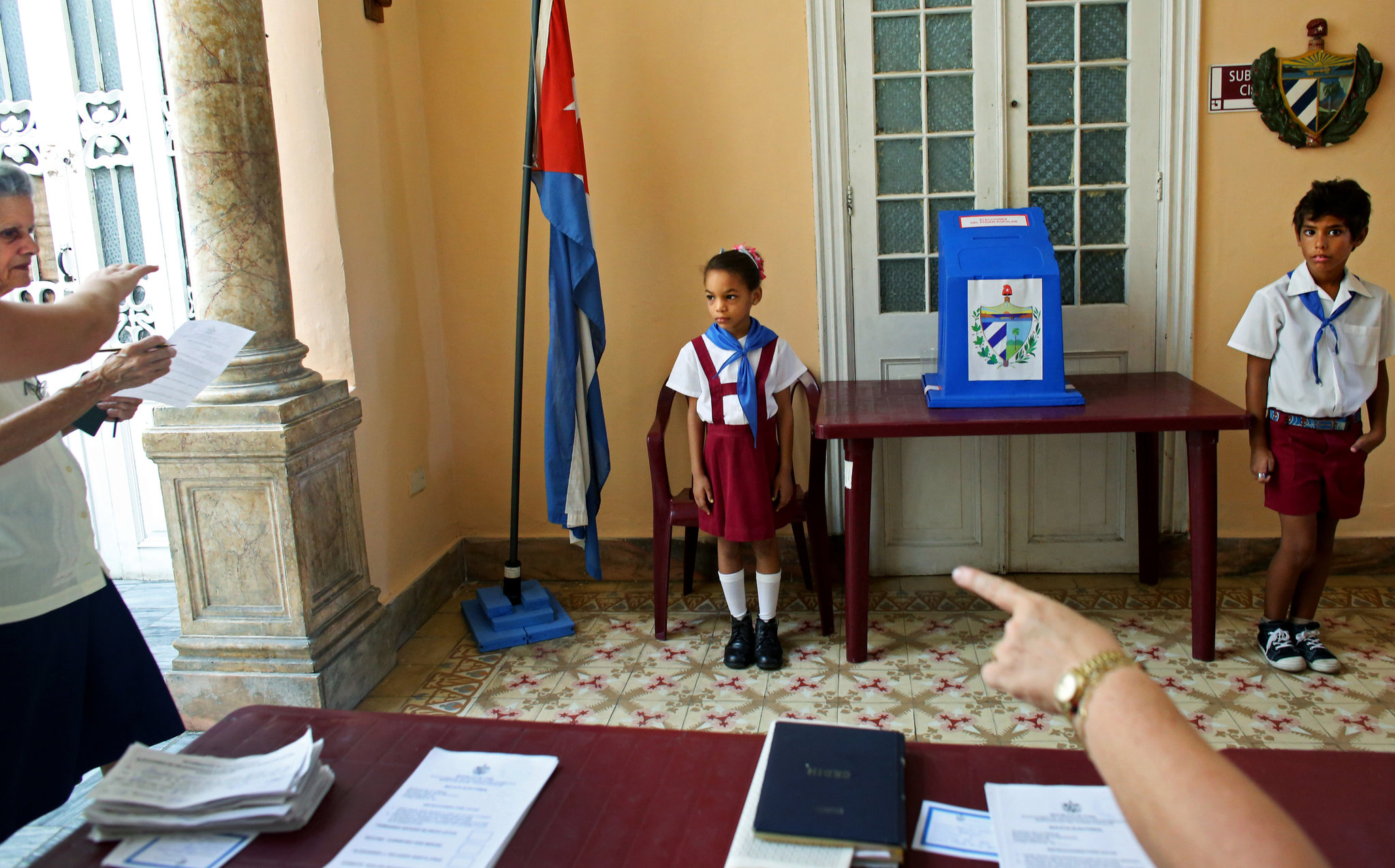As my fingers flitted across the frayed edges of paper, I studied my past. Generations of my family have been preserved in picture form—but theirs was a story now threatened by oblivion, through time's attrition and my grandmother's Alzheimer's.
Every time I visited Bulgaria, which had been my home until the age of 12, I sought out relatives—and I delved into their former lifetimes through their photographs. I often reimagined them without the motif of totalitarianism. There would be no forced smiles on those marching in unison at Labor Day parades nor children wearing the uniforms of communist youth, eager to belong but too young to understand the consequences. There would be none of the numbing isolation bred by restricted news and travel. And there certainly wouldn't be the five years stolen from my grandfather's youth by a communist labor camp.
In the fall of 2014, as I hunted for anecdotes lost through my grandmother's deteriorating memory, a disturbing analogy revealed itself to me: the potential in contemporary, democratic Bulgaria for collective dementia about its past. The country housed both a generation too new for firsthand knowledge of political repression and an older one that yearned for the absence of crime and unemployment that a dictatorship once guaranteed.
In 1989, two and a half decades before my revelation, Eastern European communism had crumbled along with the Berlin Wall, opening Bulgaria's borders to Western influence and immigration. The hopeful arrival of democracy created space for personal freedoms and a free market but also for myopic political nostalgia when it failed to deliver on rising joblessness, corruption, crime, and depopulation.
The idea of an amnesiac future so disconnected from its history awakened an urge to examine the effects of democracy and communism in my homeland—and to explore similar political geography.
Cuba, a communist time capsule, drew me in immediately. I observed life there as a native of the Soviet bloc, noticing the nuanced decorum of communism, the censure and control that are often masqueraded as people's choice. Not looking for parallels but effortlessly tuned into them. Every subject I photographed—the child in a red scarf saluting voters, people protesting against political imprisonment despite beatings and detention, the aging families of those who'd fled—made me recall my youth and the pictures that preceded it.
Creating layers in photography is something that has attracted me throughout my career. They have an ability to intensify both style and meaning, whether through luck and journalistic reflex in a single image or through combining multiple frames. As a young photographer, I experimented by making political diptychs and later via digital double exposures—some with an aesthetic drive, others with a storytelling impetus. But a third entity came to life in Cuba, when I realized that the visual and sociopolitical parallels between present-day Cuba and pre-1989 Bulgaria were undeniable and best juxtaposed, one image layered on top of the other.
And so I attempted to bridge one country's past to another country's present, to show that political ideals, its profiteers and its victims, could remain unchanged by time or geography. And, above all, to ensure that some of those who cannot broadcast their ails are heard, whether a stranger in Cuba or my grandmother, who expired shortly after her memories did.


















